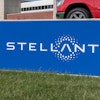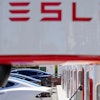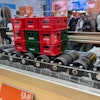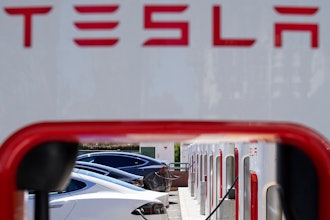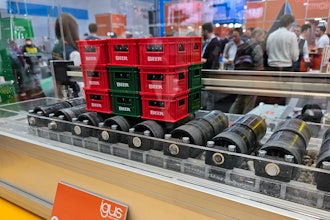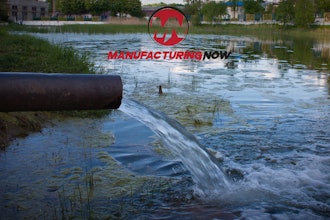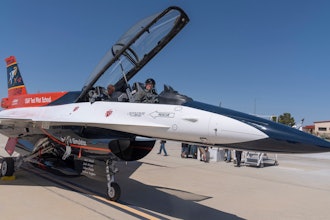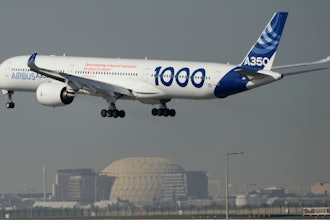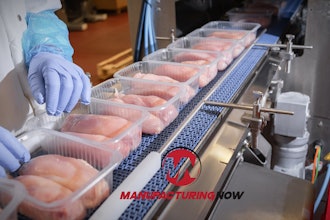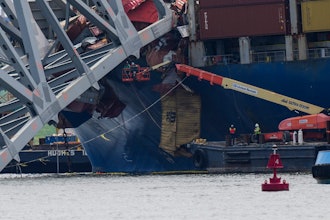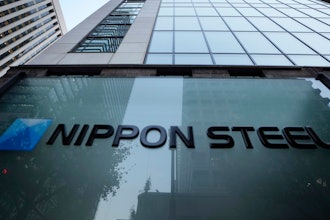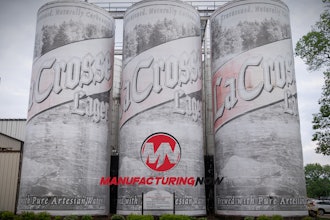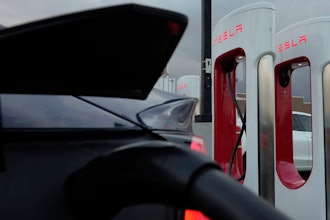SINGAPORE (AP) — China has overreacted to Washington's approval of a $6.4 billion arms sale to Taiwan by threatening the companies that produced the weapons, a top U.S. military official said Tuesday.
Bruce Lemkin, a deputy under secretary with the U.S. Air Force, said China shouldn't have been surprised by the arms sale and called on Beijing to continue talks with Taiwan to help reduce tensions.
When asked by reporters at the Singapore Airshow if China had overreacted, Lemkin said: "Personally I think so, because it does not contribute to a positive or collaborative atmosphere. I think it's unfortunate that China has reacted the way it has."
China has slammed last week's U.S. approval of the arms sale, and state media have backed the idea of punishing Boeing Co. and other defense contractors involved. China suspended military exchanges with Washington, but has not yet said what sanctions it might impose to penalize the companies.
Aerospace executives downplayed Chinese threats and emphasized their long-term commitment to one of the world's fastest growing markets.
"These types of sales are between governments, we can't control them," Randy Tinseth, vice president at Boeing Commercial Airplanes, told reporters. "It's too early to speculate on what the impact might be at the end of talks."
Taiwan plans to purchase Harpoon missiles from Boeing unit McDonnell Douglas, Black Hawk helicopters from United Technologies unit Sikorsky Aircraft and Patriot anti-missile batteries from Lockheed Martin.
Boeing, which sells military and commercial aircraft, is counting on grabbing part of the burgeoning Chinese market to fuel revenue growth. Domestic air travel in China rose 21 percent last year, and Tinseth estimates that market will need about 3,800 airplanes costing $400 billion over the next 20 years.
"The China market has been amazing in the last year," Tinseth said. "We think the Asia-Pacific region will definitely lead the recovery we see in aviation."
Industry executives said the uproar in China over the arms sales to Taiwan should not affect their operations there or deter expansion plans.
"We would expect that there would be issues, there will be temporary problems," said Mark Howes, president of Honeywell's Asia Pacific aerospace unit. "We're very committed for the long-term and the level of our operations (in China) will only grow."
Associated Press Writer Chun Han Wong contributed to this story.

